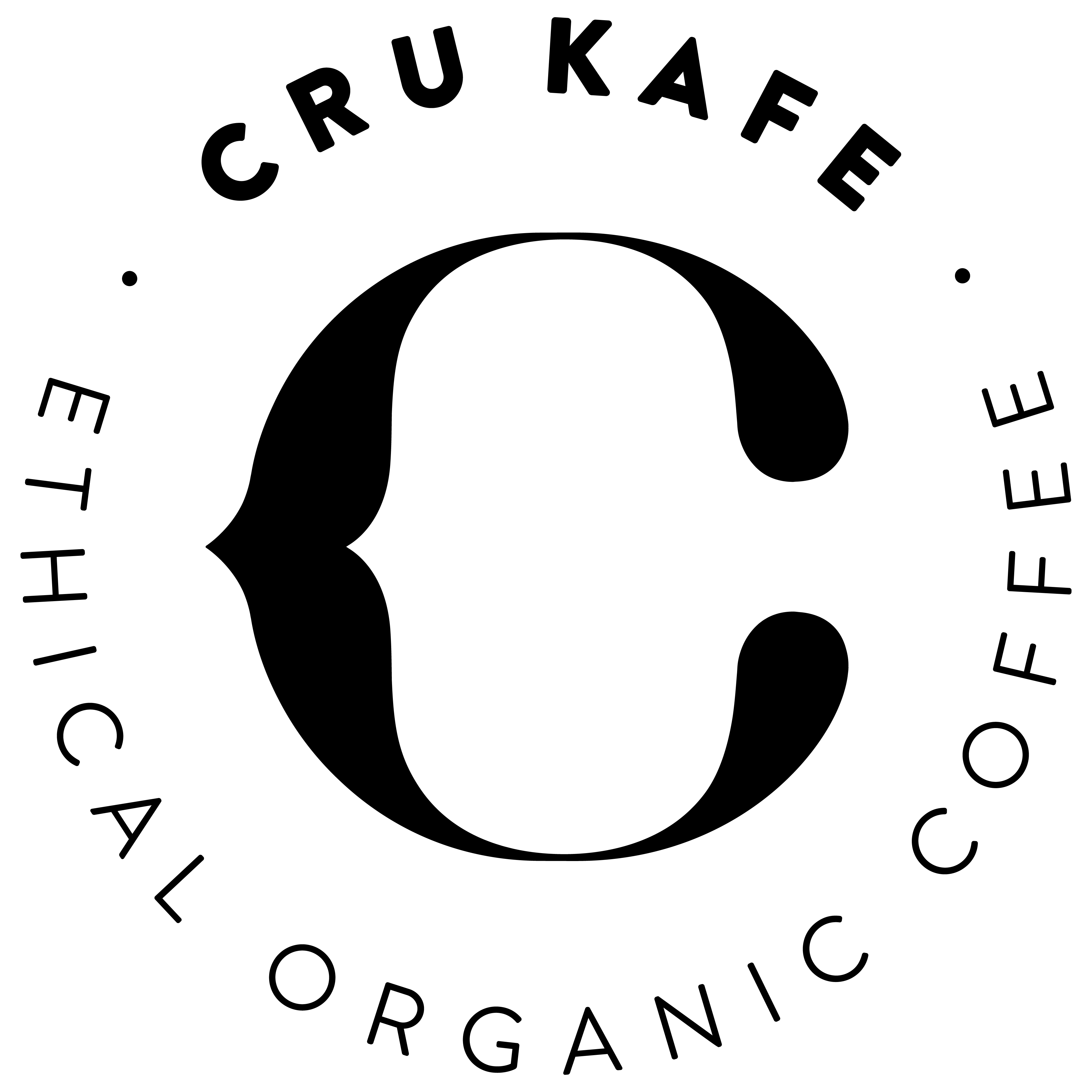Today marks the release of a brand new Premier Origin; our Organic Honduran. For bean and ground drinkers, you’ve got to know this particular bean pretty well over the last few years; and whilst capsule drinkers might not have been aware of it, you probably know it quite well too - as it features in more than one of our House Blends.
I suppose, in a nutshell, that’s the story of Honduran coffee. Traditionally seen as a ‘base’ bean, it’s not until recently that the character and depth of Honduran coffee has been properly appreciated. A lot of this, as you’ll see, has a lot to do with the investment in and evolution of the coffee industry in Honduras. It’s not been an easy journey, and with the recent Hurricanes that swept across the country and Central America last year, it’s just got a lot, lot harder.
An Unremarkable Start
Coffee production in Honduras didn’t really establish itself until the middle of the twentieth century. Before that, the high costs involved in establishing coffee crops, and their often unreliable yields, made it a far from attractive prospect for anyone looking to get started.
On top of that, any coffee that actually was produced was only really used by the coffee industry as a base in blends. Its well-balanced and deep body (but often unexceptional and neutral taste) made it a good choice for roasters who were looking for an inoffensive base from which to elevate or highlight other more unusual coffees. It was the perfect bean for making other coffees shine, but was often overlooked itself.
Fluctuating Fortunes
In 1998, Central America was hit by Hurricane Mitch, wiping out a huge amount of the coffee crops across Nicaragua, Guatemala, and Honduras. More important than all of this was the human cost with over 7,000 lives lost in Honduras alone, effectively wiping out over 50 years worth of investment in basic infrastructure and agriculture.
For the coffee industry in Honduras, it was a case of starting again from scratch. And that’s what the country did; in the years that followed a concerted effort by governments and organisations alike meant that Honduras went from being an rather unremarkable producer of coffee beans at the turn of the century to being invited by the Special Coffees Association of America to be their producer of 2012.
Honduran beans were now starting to be recognised worldwide for their vibrancy, nuttiness and sweetness - and with characteristic darker notes of chocolate and caramel mixed with lighter fruits and berries, it quickly became appreciated as a bean that could more than stand on its own as a Single Origin cup.
An unsure future
Unfortunately, last year saw another two Hurricanes (Eta and Iota) hit Central America, and Honduras again was badly hit. For a country that had not only worked hard to recover from its last disaster, but had actually flourished, this recent setback is ever harder to take.
Farms and crops that had been affected 20 years ago are now facing a particularly uncertain crop, with mudslides and flooding washing away much, whilst plants that remain are in danger of maturing too quickly, effectively ruining the bean.
It could, thankfully, have been much worse; with a lot of the investment over the last 20 years actually helping to prevent the hurricanes having the devastating impact of storm Martin in 1998.
Whilst we can’t be sure of what will happen, we can at least be sure that Honduras and it’s coffee has the ability to endure; and if you’d like to donate, Operation Eta - an emergency response to the Hurricane - is working with various non-profit organisations to make sure help is at hand.



